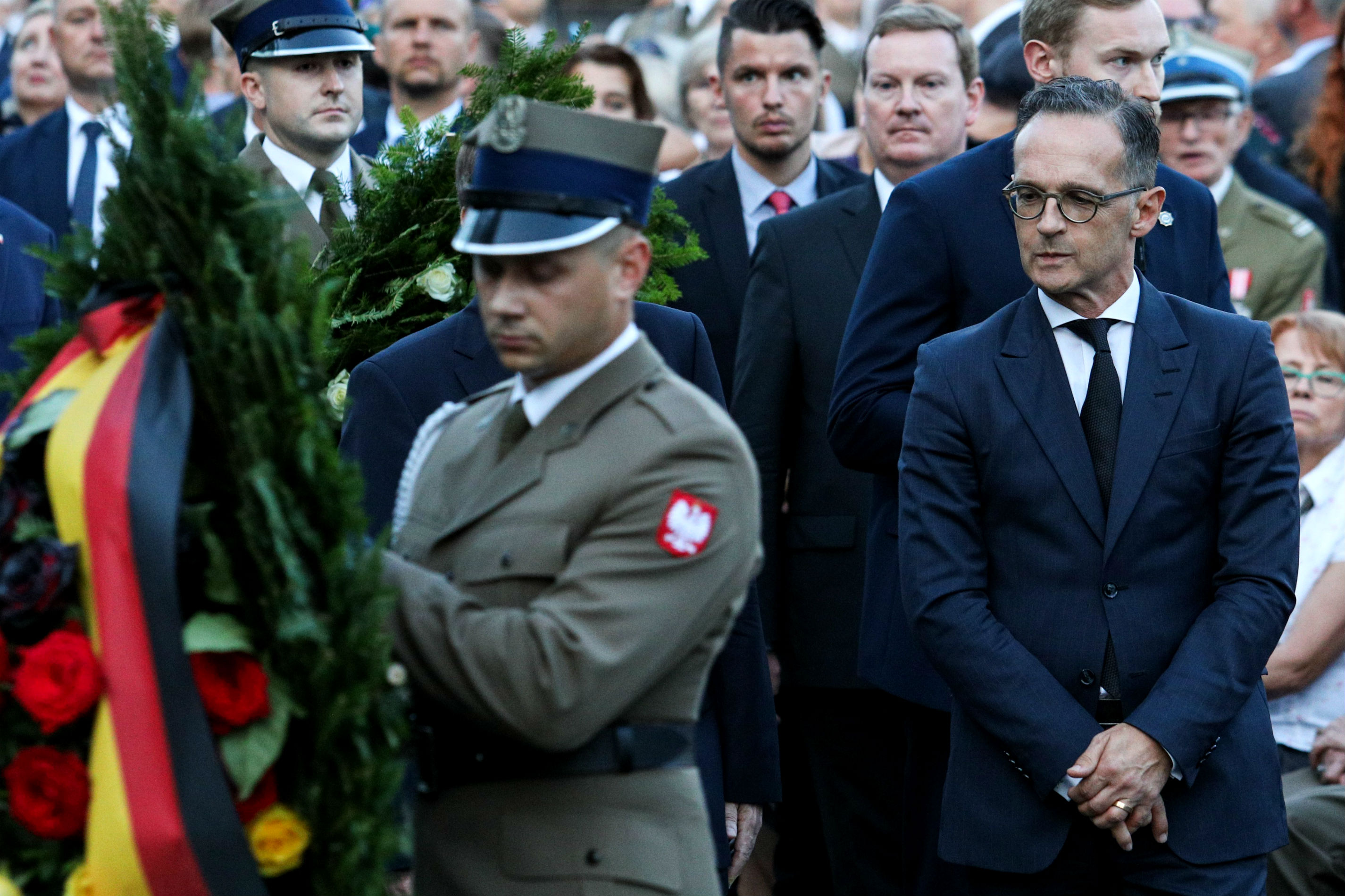Minister Olszowski was confronted in Bonn with a whole series of twisted excuses, supposed to dissuade the Polish side from discussing the question of compensation. He heard that “potential claims for damages from Polish citizens cannot be pursued for fundamental and formal reasons, since the deadline for submitting relevant claims expired on December 31, 1969” – and earlier, let us recall, they were not taken into account due to the lack of diplomatic relations of the Polish People’s Republic – FRG.
The hosts also pointed out that the Polish People’s Republic had never recognized West Germany as the successor to the Third Reich, so it should not demand benefits from West Germany. Olszowski also heard that the Polish side should not return to the issue of compensation for the period of occupation, as Germany could also “submit its claims for resettlement and loss of property left in former German territories now belonging to Poland”, which “does not serve mutual relations”.
Therefore, Poland had to settle for only 100 million West German marks (DM) as aid to Polish victims of pseudo-medical experiments (this was in 1972). A West German loan of one billion DM on favorable terms (1975) was also to be a gesture. Let us add that the agreement on pensions signed in 1975 had nothing to do with the question of compensation.
Thus, until the end of the existence of the Polish People’s Republic, Polish victims of German occupation did not receive a penny more than 100 million marks from 1972.
How Kohl lied to Bush
In November 1989, after the revolutionary events in our country, Chancellor Helmut Kohl visited Poland, which was later called “historic”. The West German side, taking advantage of Poland’s difficult financial situation (debt), did everything so that the issue of compensation for the Second World War did not appear among the topics of discussion with Prime Minister Tadeusz Mazowiecki . When that failed, the Chancellor showed exceptional stubbornness on the issue.
Due to the attitude of the West German side, Poland had to accept that the issue of compensation did not appear at all in the extensive joint declaration of the two heads of government. Later it turned out that the only Polish politician who raised the issue of compensation from Germany was Sejm Marshal prof. Mikolaj Kozakiewicz. During his visit to Bonn in mid-December 1989, he spoke of the two million Poles who were complaining and added that the “dignified solution” of this affair was “the sine qua non of agreement and future reconciliation”. . Kohl later recalled that Kozakiewicz had mentioned the amount of 200 billion marks and that “it made the wrong impression”.
VISIT AND LIKE US
In the weeks that followed, Chancellor Kohl accomplished what, many years later, a columnist for the German daily Die Welt would call “a masterpiece of German foreign policy.” He convinced President George H. W. Bush that, contrary to what had been the official legal position of successive governments in Bonn for forty years, the convening of a peace conference regulating matters relating to the consequences of World War II for the Germany had to be abandoned at all costs. . Kohl was primarily concerned with repairs.
When Kohl visited Bush at Camp David in late February 1990, he lied to him, claiming that of the total amount of more than 100 billion DM paid by Germany as compensation, Poland had supposedly received “huge sums”. These so-called large sums, on the other hand, did not even amount to one percent, they did not even exceed one per thousand of the amount mentioned by Kohl.








